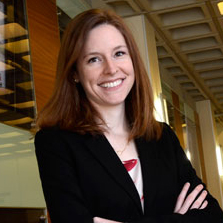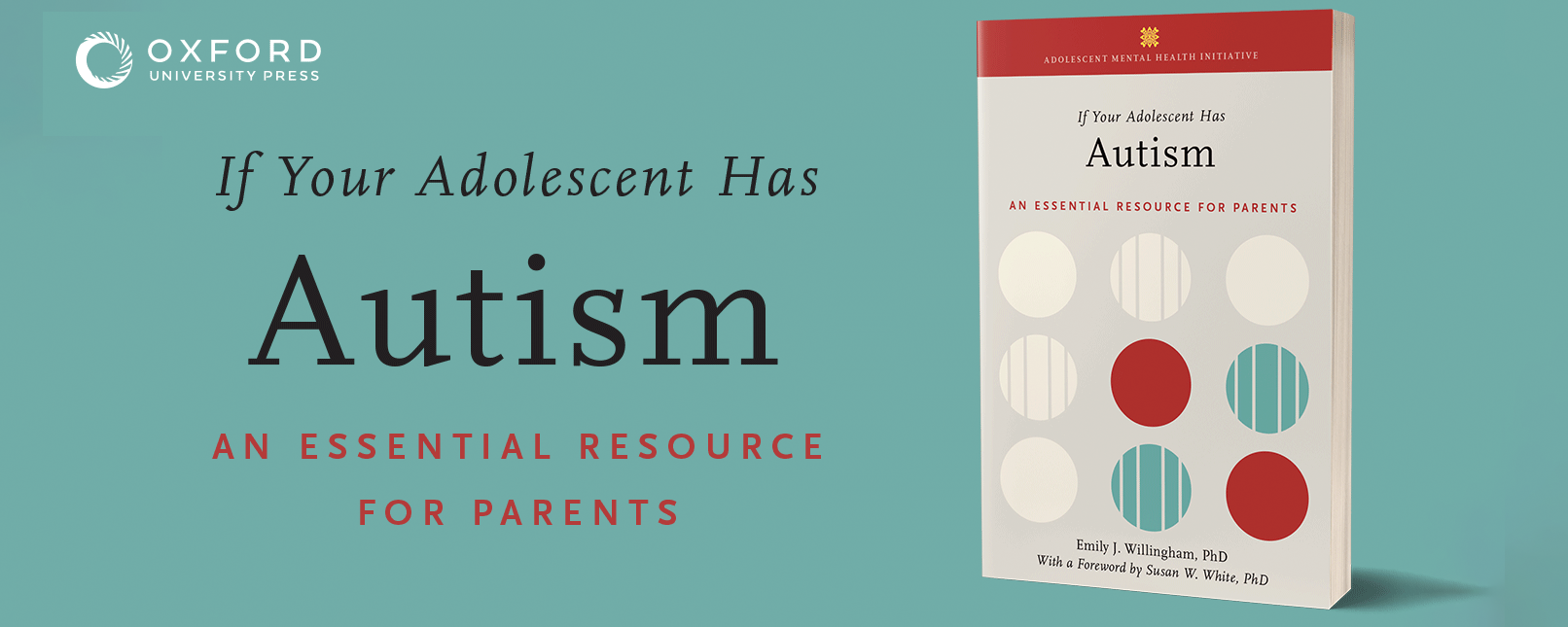
Experiencing extreme weather is not enough to convince climate change skeptics that humans are damaging the environment, according to a new study based on research at the Annenberg Public Policy Center (APPC). Political identity and exposure to partisan news influence whether people report experiencing certain extreme weather events, according to the research.
The study, “Enduring Extremes? Polar Vortex, Drought, and Climate Change Beliefs,” was authored by former APPC postdoctoral fellows Benjamin A. Lyons and Ariel Hasell with APPC distinguished research fellow and Annenberg School alum Natalie Jomini Stroud of the University of Texas at Austin. It was published in the journal Environmental Communication.
The research, conducted at APPC, found that even Americans who lived in areas where a variety of extreme events were recorded — flood, tornado, hurricane, and drought — were ultimately no more likely to share the same beliefs about climate change as scientists.

“Extreme weather plays a limited long-term role in forming people’s beliefs about climate,” said Lyons, the lead author, who is now a postdoctoral research fellow at the University of Exeter. “Instead, their views and beliefs can alter the way they perceive the weather. We have found when an extreme weather event is ambiguous, as with polar vortex and drought, people are more likely to see the event through a partisan lens. If there is gray area, people are more comfortable applying their preferred label.”

Their research found that Republicans are less likely to report experiencing a polar vortex, while those exposed to liberal media are more likely to do so.
But the weather can sometimes be so extreme that it overshadows personal views. For example, the researchers found that partisanship and media use did not affect how people in the area of the American Northeast hit hardest by the 2014 and 2015 polar vortex events reported the weather they had experienced.
“Another challenge is that climate change tends to not be a highly prioritized political issue, even among those who are very concerned about climate change,” noted Hasell, a lecturer at the University of Michigan.
Read the full study from Environmental Communication here. The full news release from the University of Exeter is here.


